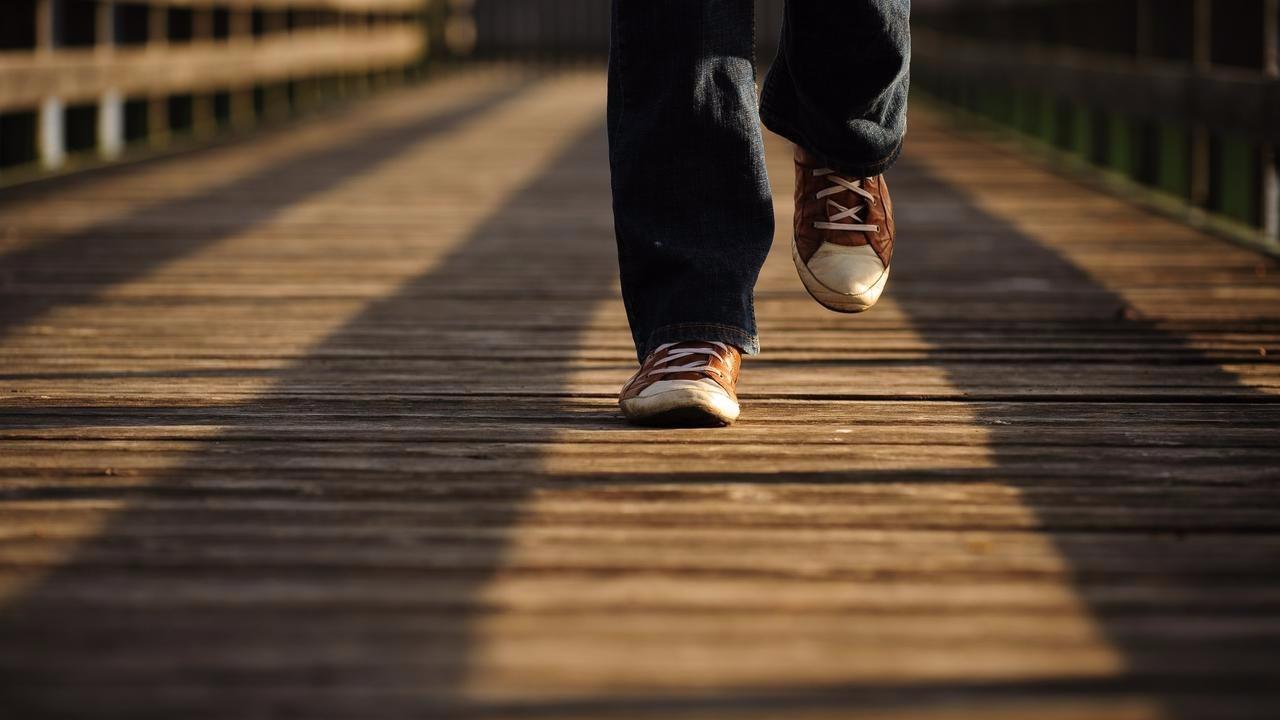Blog
Let’s Consider Taking a Step Backwards When Assessing Balance

A few months ago we reviewed how gait speed is not only a great test to measure mobility, but why it should also be considered a vital sign (link). But have you ever wondered about assessing your patient’s ability to walk backwards? This is a more complex task needed for tasks such as backing up to a chair, opening a door, or avoiding a sudden obstacle. Or, have you ever wondered if there was a standardized testing protocol for backwards walking with normative data?
The study by Carter in 2017, called “The 3m Backwards Walk & Retrospective Falls: Diagnostic Accuracy of a Novel Clinical Measure” looked at walking backwards and falls. The study reviews:
- How relevant fall prevention is as ...
Should Gait Speed Be Considered A Vital Sign?

We are all familiar with vital signs such as heart rate, blood pressure, blood oxygen levels, respiration rate, and body temperature. How accurate are these signs at determining health or predicting future health? Are there other signs that we should consider as a vital sign? If you could add another vital sign what would it be? Mine would definitely be, with no reservation, “gait speed”.
What Is Gait Speed?
The time one takes to walk a specified distance on a level surface.
Why Gait Speed Should Be Considered a Vital Sign?
The reason I believe gait speed should be considered a vital sign is that it packs more information than just determining the need for a walking aide. It has be...


